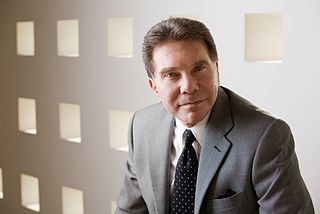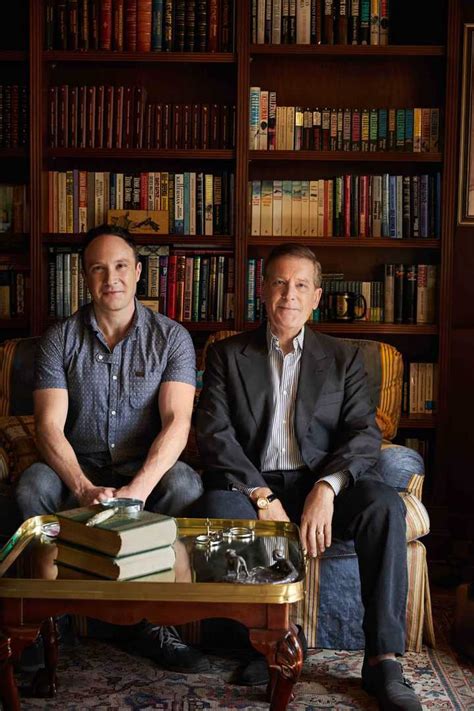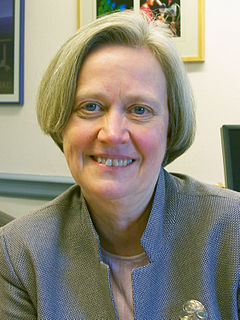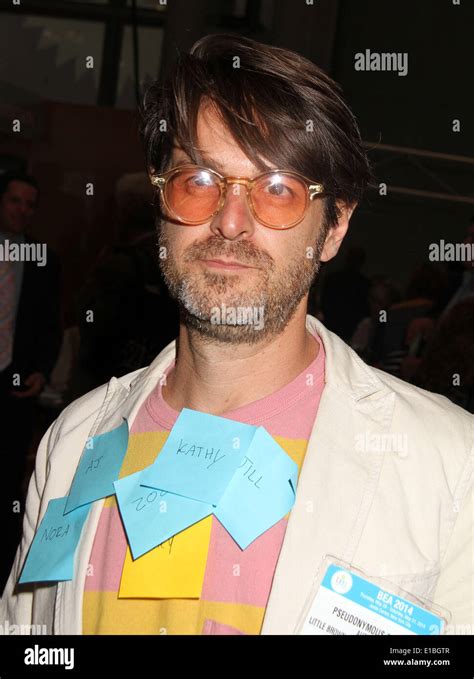A Quote by Robert Cialdini
At the beginning of each lecture I say, 'Here's a set of events unexplainable by common sense, and I promise you'll be able to solve this mystery at the end of class.'
Related Quotes
Why, since man and woman were created for each other, had He made their desires so dissimilar? Why should one class of women be able to dwell in luxurious seclusion from the trials of life, while another class performed their loathsome tasks? Surely His wisdom had not decreed that one set of women should live in degradation and in the end should perish that others might live in security, preserve their frappeed chastity, and in the end be saved.
When the ability to have movement across social class becomes virtually impossible, I think it is the beginning of the end of a country. And because education is so critical to success in this country, if we don't figure out a way to create greater mobility across social class, I do think it will be the beginning of the end.
Crime novels have a clear beginning, middle, and end: a mystery, its investigation, and its resolution. The reader expects events to play out logically and efficiently, and these expectations force the writer to spend a good deal of time working on macrostructure rather than prettifying individual sentences.
Friends don't have to have a lot of things in common. But there's one thing friends usually do have in common - a sense of humor. That doesn't mean they find all the same things funny. Sometimes, they might even laugh at each other. But at the end of the day, friends can always laugh with each other.
I can't say that there's a common practice that has to do with pitch language or with the way pieces are put together because today, anything is fair game. As far as I'm concerned, my own common practice is a piece that engages the attention of listeners from beginning to end, and doesn't rely on or expect the listener to zone out.
Human beings are like detectives. They love a mystery. They love going where the mystery pulls them. What we don't like is a mystery that's solved completely. It's a letdown. It always seems less than what we imagined when the mystery was present. The last scene in `Blow Up' is so perfect because you leave the theater still dreaming. Or the end of `Chinatown,' where the guy says `Forget it, Jake, it's Chinatown.' It explains so much but it only gives you a dream of a bigger mystery. Like life. For me, I want to solve certain things but leave some room to dream.
I hate outlines. I have a broad sense of where the story is going; I know the end, I know the end of the principal characters, and I know the major turning points and events from the books, the climaxes for each book, but I don't necessarily know each twist and turn along the way. That's something I discover in the course of writing and that's what makes writing enjoyable. I think if I outlined comprehensively and stuck to the outline the actual writing would be boring.

































